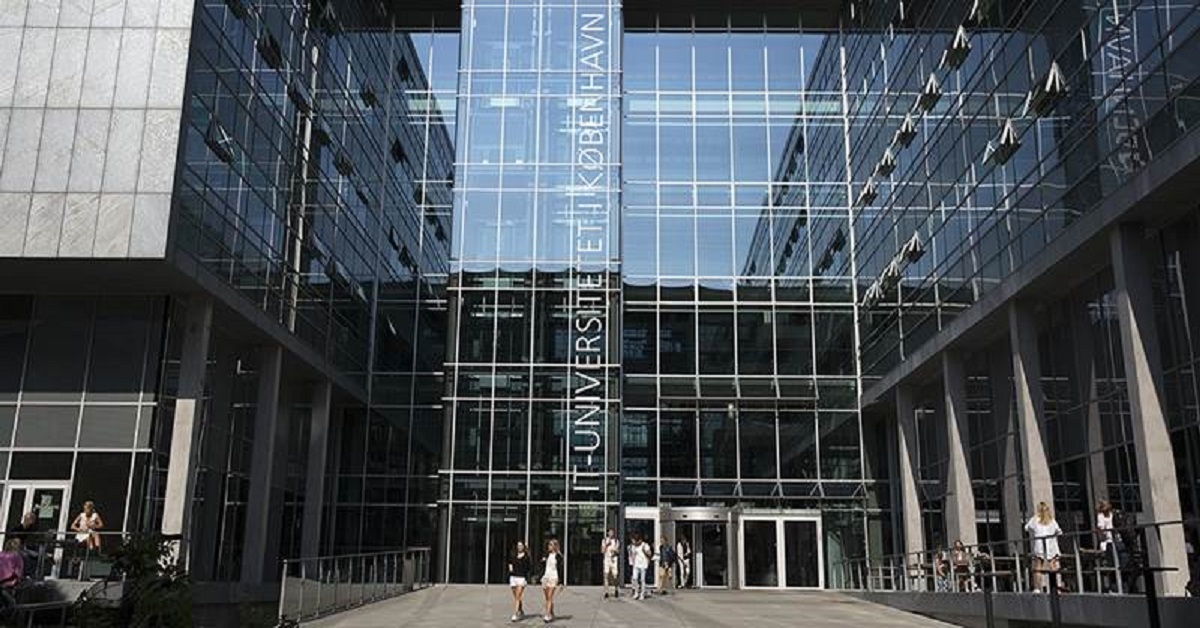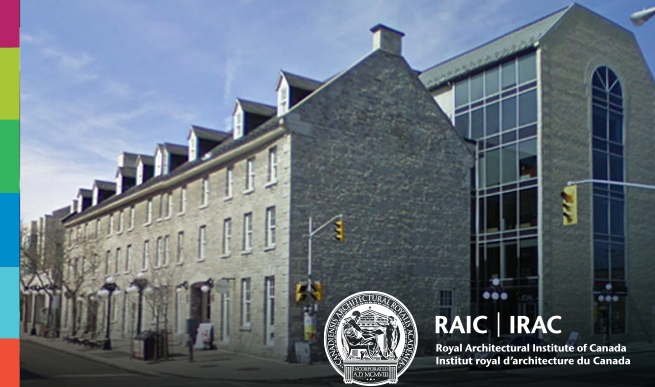
We are offering a PhD fellowship focusing on plant diversity and plant-pollinator interactions in Greenland. This is part of the research project ‘Greenland Plant Diversity Patterns and Pollination Networks in a Changing Arctic’ funded by the Carlsberg Foundation. The start date is expected to be 1 October, 2022, or as soon as possible thereafter.
Who are we looking for?
We are looking for an enthusiastic candidate interested in exploring the biodiversity of plants and pollinators in Arctic environments. Applicants will have a background in the areas of ecology, molecular ecology or biodiversity conservation, ideally with some experience of molecular analyses, bioinformatics and fieldwork.
Our group
You will be part of a research group led by Associate Professor Natasha de Vere at the Natural History Museum of Denmark (NHMD), Faculty of Science, University of Copenhagen, and part of an interdisciplinary and international network of project partners in Denmark (NHMD, University of Aarhus), Sweden (Swedish University of Agricultural Sciences), Norway (Tromsø Museum, University of Tromsø), France (Grenoble Alpes University), Austria (University of Graz) and the UK (National Botanic Garden of Wales). You will be based in the Botany Section at the NHMD, with fieldwork in Greenland and research visits to the labs of project partners. The Botany Section at NHMD is a supportive and inclusive group, with a friendly culture and working environment. We offer creative and stimulating working conditions in a dynamic and international research environment, located in Copenhagen.
Project description
This PhD project aims to better understand climatic impacts on Arctic plant and insect diversity patterns by investigating plant-pollinator interactions in Greenland. The PhD student will work in a range of areas, including DNA barcoding the Greenland flora using a state-of-the-art genome skimming method, assembling plant-pollinator interactions for a range of Arctic habitats using DNA metabarcoding and feeding this knowledge into modelling studies on how both floral diversity and plant-pollinator networks may alter with future environmental change. The student will be part of an international network in which they will participate in all of the project work packages, and take the lead on one work package, in which the candidate will be investigating plant-pollinator interactions in Greenland, using DNA metabarcoding of pollen found on insects visiting flowers in the field.
The PhD project will be based on a genome skimming method of herbarium samples from the Greenland herbarium, housed at the NHMD. This method has previously been applied by the team and has been proven to be highly effective for DNA barcoding and biodiversity analyses. Using the DNA barcode reference library, combined with pollen DNA metabarcoding the candidate will investigate Arctic pollinator foraging preferences and plant-pollinator interactions. The post will include two fieldwork summer seasons in Greenland, collecting plants and insects in the field. The overall aim of the student’s project is to gain a high-resolution insight into plant-pollinator interactions and pollen transfer in Greenland across different latitudes, and to better understand environmental drivers determining changes to these floral and faunal groups, to model responses of the Arctic ecosystems in the future.
Principal supervisor: Associate Professor Natasha de Vere, Natural History Museum of Denmark, University of Copenhagen, natasha.de.vere@snm.ku.dk.
Co-supervisors: Prof. Tomas Roslin, Swedish University of Agricultural Sciences, Sweden and Dr. Elisabeth Machteld Biersma, Botany Section, NHMD.
Start: 1 October 2022 or as soon as possible thereafter
Duration: 3 years, full time, as a PhD student
The PhD Programme
Qualifications needed for the PhD programme
To be eligible for the PhD programme, you must have completed a degree programme, equivalent to a Danish master’s degree (180 ECTS/3 FTE BSc + 120 ECTS/2 FTE MSc) related to the subject area of the project, e.g. ecology, molecular ecology, biology. For information of eligibility of completed programmes, see General assessments for specific countries and Assessment database.
Terms of employment in the PhD programme
Employment as a PhD fellow is full time and for a maximum of three years.
Employment is conditional upon your successful enrolment as a PhD student at the PhD School at the Faculty of SCIENCE, University of Copenhagen. This requires submission and acceptance of an application for the specific project formulated by the applicant.
The terms of employment and salary are in accordance to the agreement between the Ministry of Finance and The Danish Confederation of Professional Associations on Academics in the State (AC). The position is covered by the Protocol on Job Structure.
Your key tasks as a PhD student are:
- Carrying out an independent research project under supervision.
- Write scientific papers aimed at high-impact journals.
- Participate in active research including fieldwork in Greenland and research visits with the project partners.
- Participate in relevant museum activities related to public engagement or curatorial tasks.
- Obtaining experience with teaching or other types of dissemination related to your PhD project.
- Completing PhD courses or other equivalent training corresponding to approximately 30 ECTS points.
- Write and defend a PhD thesis on the basis of your project.
We are looking for the following qualifications:
- Professional qualifications relevant to the PhD project: Bachelors and Masters degree or equivalent in a relevant subject area (ecology / biology).
- Relevant publications
- Relevant work experience, especially in molecular analyses and bioinformatics (e.g. use of R, python). Some relevant fieldwork experience.
- Other relevant professional activities
- Curious mind-set with a strong interest in plant and pollinator biodiversity and its conservation.
- Good language skills, fluency in spoken and written English is essential.
***************************************************************************
Application and Assessment Procedure
Your application including all attachments must be in English and submitted electronically by clicking APPLY NOW below.
Please include:
- Cover letter explaining your motivation for applying for this PhD project.
- Curriculum vitae including information about your education, experience, language skills and other skills relevant for the position.
- Original diplomas for Bachelor of Science or Master of Science and transcript of records in the original language, including an authorized English translation if issued in another language than English or Danish. If not completed, a certified/signed copy of a recent transcript of records or a written statement from the institution or supervisor is accepted.
- Publication list (if possible)
- Reference letters (if available)
Application deadline: The deadline for applications is 4 July 2022, 23:59 GMT +2
We reserve the right not to consider material received after the deadline, and not to consider applications that do not live up to the abovementioned requirements.
The further process
After the deadline, a number of applicants will be selected for academic assessment by an unbiased expert assessor. You are notified, whether you will be passed for assessment.
The assessor will assess the qualifications and experience of the shortlisted applicants with respect to the above-mentioned research area, techniques, skills and other requirements. The assessor will conclude whether each applicant is qualified. The assessed applicants will have the opportunity to comment on their assessment. You can read about the recruitment process at https://employment.ku.dk/faculty/recruitment-process/.
Questions
For specific information about the PhD fellowship, please contact the principal supervisor.
General information about PhD study at the Faculty of SCIENCE is available at the PhD School’s website: https://www.science.ku.dk/phd/.
The University of Copenhagen wishes to reflect the surrounding community and invites all regardless of personal background to apply for the position.
![Postdoctoral and Research Opportunities at McGill University [CA]](https://scholaridea.com/wp-content/uploads/2020/06/mcgill-university-30-may-2019-768x402.jpg)

